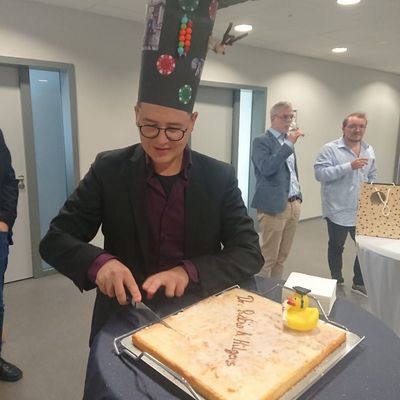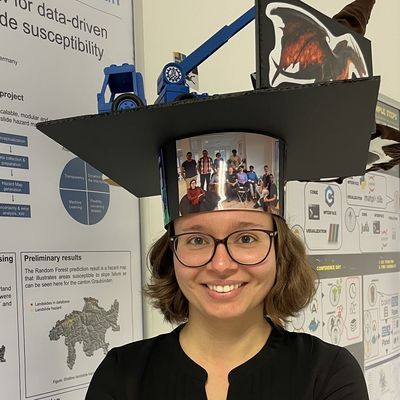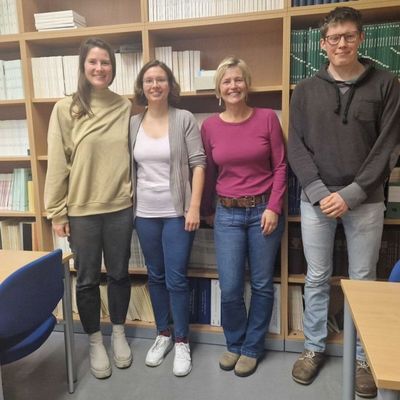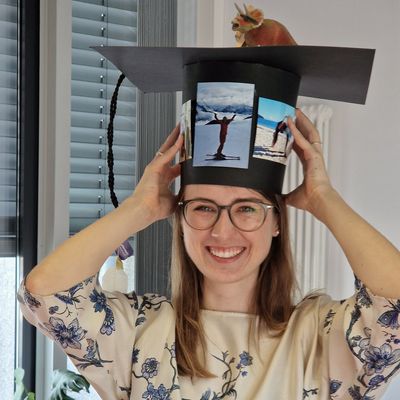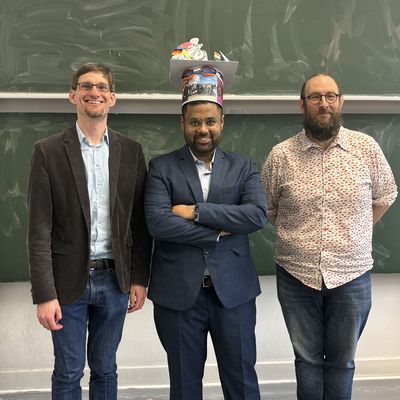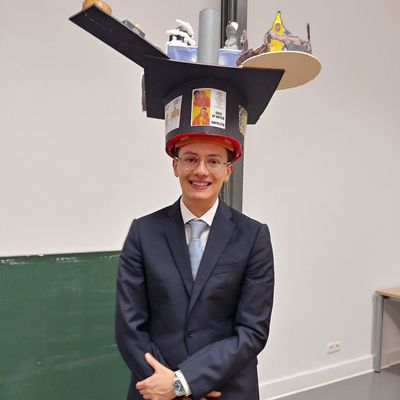Felix Terhag recieved the Best Paper Award
Congratulation to Felix Terhag for recieving the Best Paper Award at the 9th European Seminar on Computing (ESCO).
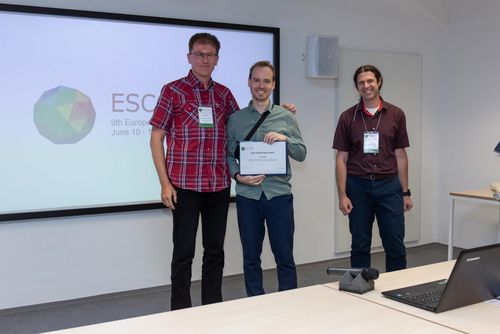
At the 9th European Seminar on Computing (ESCO), Felix Terhag was awarded for presenting his work on machine learning algorithms for use in cardiac MRI. In cardiovascular medicine, techniques such as magnetic resonance imaging (MRI) are essential for accurate analysis of the cardiovascular system.
Felix describes the aim of his and his colleagues' research:
“Real-world machine learning applications involve data with varying difficulty. Transferring information from easier examples to complex ones can be very beneficial. Another challenge for machine learning algorithms is assigning uncertainty to their predictions. Not knowing the prediction uncertainty is especially dangerous in safety-critical applications like rocket-control or health.
In our approach we tackle both problems at once. In the application of estimating the ventricle volume from cardiac-MRIs, machine learning algorithms are capable of estimating the volume in the middle of the heart with high precision. The apical and basal slices are a lot harder to predict. Our approach automatically identifies the main contributing frequencies (e.g. heart rate and respiratory rate) from the well predicted slices. With an expert in the loop we are able to obtain a handful of manually labelled images. We can use these to accurately predict the volumes over time at the difficult slices. By choosing a Bayesian approach, we also obtain a posterior distribution given the labelled images. This distribution helps us to obtain an uncertainty measure for these slices.”
More on his research on realtime MRI




